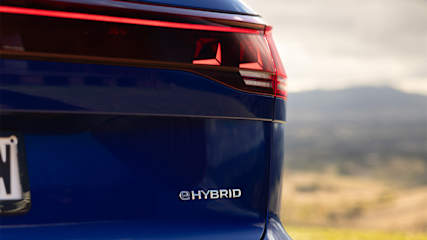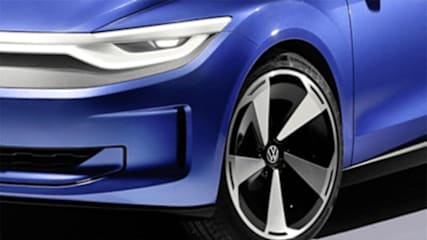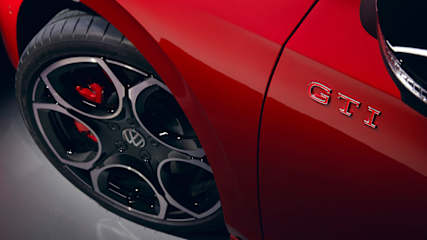2004 Volkswagen LT Reviews
You'll find all our 2004 Volkswagen LT reviews right here. 2004 Volkswagen LT prices range from for the LT to for the LT 35 Lwb.
Our reviews offer detailed analysis of the 's features, design, practicality, fuel consumption, engine and transmission, safety, ownership and what it's like to drive.
The most recent reviews sit up the top of the page, but if you're looking for an older model year or shopping for a used car, scroll down to find Volkswagen dating back as far as 2003.
Or, if you just want to read the latest news about the Volkswagen LT, you'll find it all here.
Volkswagen Reviews and News
.jpg)
.jpg)


.jpg)

.jpg)

.jpg)
.jpg)